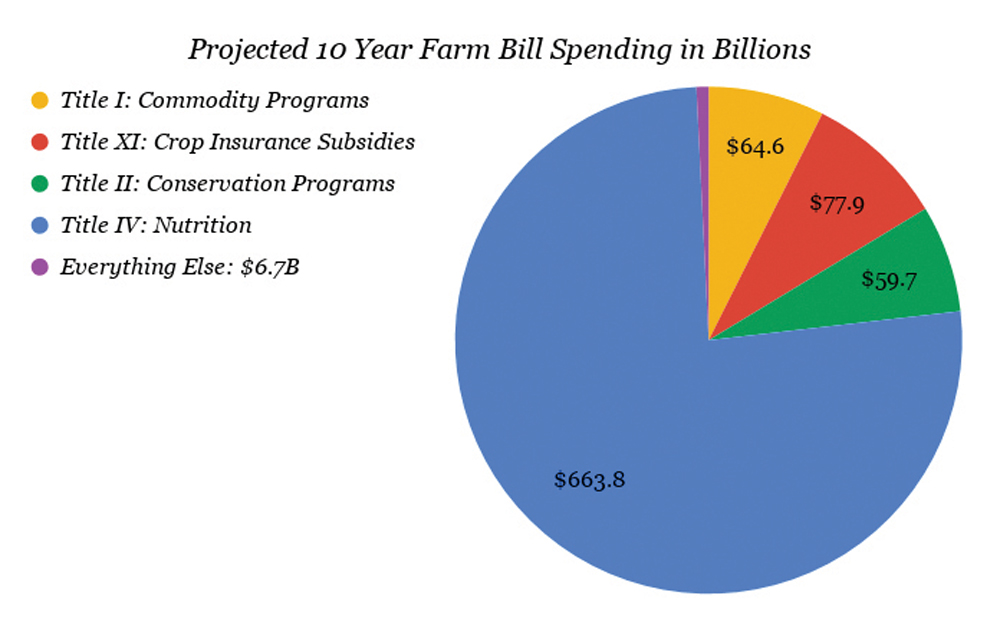During the last year or so, the agri-food industry has been the subject of enough reports on its economic potential and scope for improvement to fill a respectable bookshelf. Whether from academics, researchers, think-tanks or politicians, the documents focus on virtually all the major issues. Now to keep these tomes from gathering dust.
The latest report comes from the Agri-Innovators Committee, a group of well-known farm leaders. “Innovation is needed throughout the entire agri-food value chain,” they say in a report to Agriculture Minister Gerry Ritz. The “industry must drive innovation with governments as supporting players.”
Read Also

Canada’s Grocery Code of Conduct just window dressing
The voluntary nature of Canada’s Grocery Code of Conduct robs it of effectiveness and won’t result in the food system accountability that’s needed.
Change “innovation” to “agri-food policy” and we would really be making progress.
Like all the other reports as well as the federal NDP food strategy, the Agri-Innovators pinpoint many of the problems that lie between farm and fork. They point to chronic underinvestment in research and development and propose recommendations for solving them. The recent Senate agriculture committee had a lot to say on the same topic.
- More from the Manitoba Co-operator: NDP develops national food strategy
Which brings us back to the leadership issue, possibly the best topic for farm meetings across the country this winter.
The highly fractious agri-food industry has to set aside its many tiresome quarrels and ideological blind spots to develop a united grip on the steering wheel of agri-food policy to drive the sector ahead on a route that benefits everyone.
Earlier this year, CFA president Ron Bonnett pointed out that the industry’s challenges and issues are well documented. Numerous solutions have been articulated. Since then, the Senate and the Innovators reports have been released. The Commons agriculture committee is also working on proposals.
As Bonnett says, the industry has a strong base of material, knowledge and ideas on which to build a national food strategy. “There’s no need to start from scratch.” We have to get away from “short-term, band-aid solutions, (which) are not enough for the lasting and evolving challenges we face today.”
The Agri-Innovator’s report also makes a key point for any discussions about the future direction. That is the need to shift from a production focus to understanding markets and consumer demand. “The challenge for the sector is to fully embrace this philosophy.” That applies to finding out what consumers want to raising awareness of the industry’s future potential for both investors and participants in the food chain.
What’s missing from all these reports and many of the discussions they have generated is the leadership factor. If the industry is going to drive the discussion, as the Agri-Innovators correctly urge, then the sector has to agree on someone to lead the discussions beyond generalities into specifics.
Ritz could certainly use his position to invite the agri-food leaders to a summit to discuss a process for crafting a food policy, but then someone else has to take the baton. If the industry wants to shape its destiny, it needs to take the podium and not look to governments to solve the petty disputes. That’s not the place for politicians or bureaucrats especially with a federal election due in about a year’s time.
There are men and women out there who could do the job if the industry was willing to give them the mandate.


















